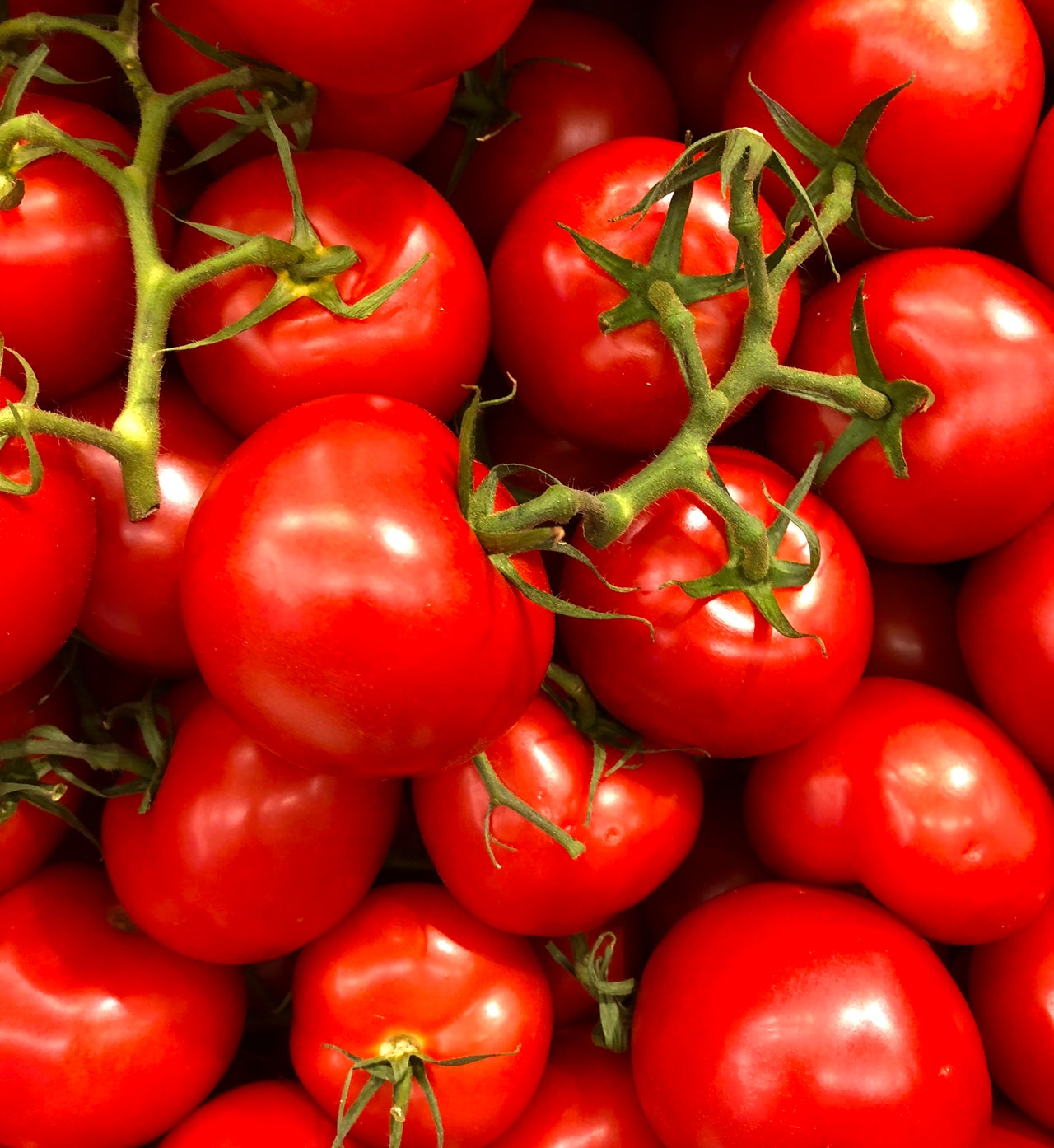A Saudi Arabia-based company is introducing farming innovations this year to create sustainable ways to produce food in a region where growing populations and harsh conditions have made it difficult for traditional agriculture to keep up with the demand for food.
In August 2021, Red Sea Farms announced that it had raised $6 million in pre-Series A funding. This total comes on top of the $10 million it had previously raised, which was announced earlier in the year. Lead investors in the company include Wa’ed, the venture arm of Aramco; KAUST; Global Ventures; AppHarvest; Bonaventure; and Future Investment Initiative Institute, which is owned by the Saudi Arabian government.
Red Sea Farms is based at King Abdullah University for Science & Technology. This recent, strong round of funding suggests confidence from the company’s leading investors, who represent local, national, and international interest in its technology.
Solutions for a Growing Problem
Red Sea Farms is developing a way to grow saltwater-based crops. Water remains a scare resource in the Middle East, and many countries rely on desalination, an expensive and inefficient process that removes salt from sea water, to provide fresh water for irrigation.
As populations in the region grow, especially in urban areas, the demand for water has outpaced the resource’s availability. Like Red Sea Farms, many companies are looking for solutions to the region’s water crisis, including finding new ways to grow and irrigate crops. With its new funding, Red Sea Farms will expand its operations in the Middle East and look into possibilities for establishing operations in parts of the United States that also struggle with difficult growing conditions.
Analysts say that Red Sea Farms already is garnering interest for its next round of fundraising in 2022, demonstrating investors’ increasing interest in agricultural technology that contributes to sustainable development goals.
The Technology
Red Sea Farms is ambitious in its projections—its founders have stated they believe their technology can decrease a farm operation’s freshwater usage by as much as 90%. The company was founded in 2018 by Ryan Lefers and Mark Tester, who wanted to reduce food insecurity in a region where much of the terrain is covered with sand that creates difficult growing conditions. Around 85% of the region’s food is imported.
The company provides saltwater-based technology, services, and systems that make use of artificial intelligence (AI), light and energy management, plant science, and sustainable cooling techniques for crops and produce grown in greenhouses and hydroponic systems.
For example, one technology prevents salt crystallization so that greenhouse cooling systems can use water from the sea without becoming clogged, a primary reason why greenhouses today aren’t cooled with salt water. This cooling system also saves precious fresh water for irrigation and growing.
Red Sea Farms also offers greenhouse amenities that include solar-powered fans and smart covering materials that shield plants from heat. The company is using AI and machine learning to analyze how a plant looks and capture other metrics so the grower can make adjustments to the environment. These systems can be retrofitted into existing greenhouses, and the company hopes to retrofit 5% of Saudi Arabia’s greenhouses, assuring farmers that their investment will be repaid within just two years.
Red Sea Farms also is developing high-yield crops that can tolerate salt water, and the company’s fundraising has supported a new 2,000-square-meter saltwater greenhouse in Saudi Arabia and two additional grow sites. Its first test crop is tomatoes that can grow in sea water that has been diluted up to 30%. The company aims to produce 50 tons of these tomatoes annually.
Surprisingly, growers have found that tomatoes raised on sea water actually taste much sweeter than their traditionally grown counterparts and contain high levels of antioxidants and vitamins. The salt water causes the natural sugar in the tomatoes to become more concentrated, so they can hold water and nutrients.
“The reason they don’t get salty is because the tomato plant will do anything it can to protect the fruit,” Lefers said in an interview with Wired magazine. “Essentially, salt is bad. The plant will put the salt anywhere else [but the fruit], such as lower down the leaves.”
Red Sea Farms currently produces saltwater cherry tomatoes, which it promotes as “sweeter” with “naturally…more vitamin C than tomatoes grown in fresh water,” and Ramsi tomatoes, a rich-tasting heirloom variety that is native to Saudi Arabia.
Growth and Expansion
While Red Sea Farms originally targeted the Gulf region, it has its sights on expansion. Climate change is causing extreme heat and droughts throughout the world, which is creating a need for more fresh water for irrigation.
So far, Red Sea Farms has had the most success growing tomatoes, although it’s grown trial crops of purslane, strawberries, and sea asparagus. While it will continue to scale up its operation growing and selling tomatoes in Saudi Arabia and the Middle East, it’s already announced plans to extend its production to buyers around the world.

